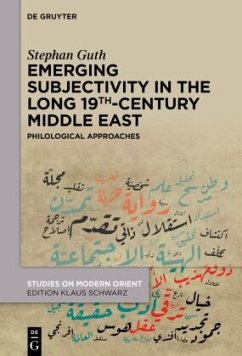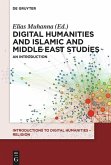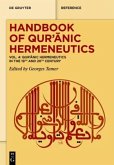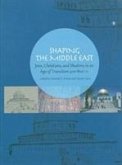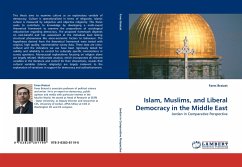This volume revisits the "long 19th century" in the Middle East from the perspective of emerging subjectivity as a fundamentally new attitude of the individual vis-à-vis the World. Stephan Guth's holistic vision interprets emerging subjectivity as the key operator at the heart of the many aspects of the so-called Arab(ic) "Renaissance" (and corresponding movements in Turkish), like rationalism, critical analysis, political emancipation, reformism, moralism, and emotionalism, but also a new language, new genres, and new concepts.
Guth's thoroughly philological approach demonstrates how a close reading of literary texts from the period, a cultural-psychological interpretation of linguistic phenomena and an etymology-informed look into conceptual terminology can contribute to a deeper understanding of what "modernisation" actually meant, deep inside the human beings' mind and psyche, in their meeting with a rapidly changing world.
Twenty essays on language, literature, and key concepts reflect the author's life-long engagement with the culture of the period in question. The articles are glued together by a guiding narrative that assigns each treated aspect its place in the author's vision (which includes a global perspective).
Hinweis: Dieser Artikel kann nur an eine deutsche Lieferadresse ausgeliefert werden.
Guth's thoroughly philological approach demonstrates how a close reading of literary texts from the period, a cultural-psychological interpretation of linguistic phenomena and an etymology-informed look into conceptual terminology can contribute to a deeper understanding of what "modernisation" actually meant, deep inside the human beings' mind and psyche, in their meeting with a rapidly changing world.
Twenty essays on language, literature, and key concepts reflect the author's life-long engagement with the culture of the period in question. The articles are glued together by a guiding narrative that assigns each treated aspect its place in the author's vision (which includes a global perspective).
Hinweis: Dieser Artikel kann nur an eine deutsche Lieferadresse ausgeliefert werden.

